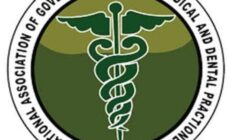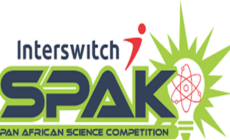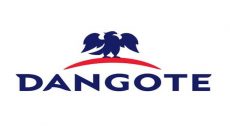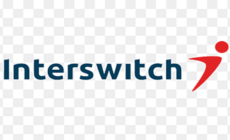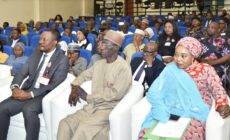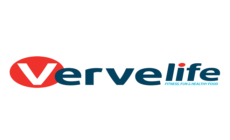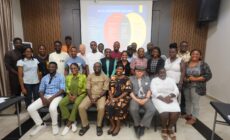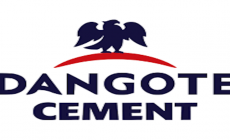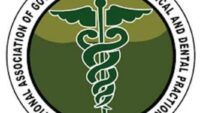USD 1 million investment to address sanitation crisis and encourage improved hygiene behaviors by World Toilet Day, 2025
Access to clean water, good hygiene and decent toilets are essential for protecting human health, especially during the COVID-19 pandemic. Globally, 1.7 bn people (one in five) lack access to basic sanitation, and a decent, hygienic toilet at home.
With the world striving to meet the UN 2030 Sustainable Development Goals, progress in water and sanitation will only be achieved through concerted efforts from the public and private sectors. For these reasons, the UN-designated November 19 World Toilet Day remains crucial, to raise awareness and inspire efforts to bring solutions to these communities.
Kimberly-Clark, Nigeria, makers of trusted diaper Huggies® and female sanitary products, Kotex®, has established partnerships with WaterAid to support efforts to address hygiene challenges, achieve the UN Sustainable Development Goal 6: Water and Sanitation for all by 2030 and improve hygiene conditions in Nigeria.
The partnership, which will run its course over a period of two (2) years, has been designed to help over 45,000 women and girls. This will include equipping 20,000 mothers to better care for their newborns through hygiene education and the provision of hygiene kits; providing 5,000 students with menstrual hygiene management education and supplies in local schools; as well as enhancing positive water, sanitation and hygiene (WASH) behaviors amongst an additional 25,000 people, with handwashing stations provided at key public locations.
Nigeria’s immense population growth has severely strained basic public WASH services. A World Health Organization report revealed that in Nigeria, over one quarter (26%) of hospitals and clinics do not have access to toilets on-site, while one in six (16%) do not have anywhere to wash hands with soap. A study of low to middle income households in Nigeria also revealed that only 28% of households in Lagos have access to safely managed sanitation services, despite the state being one of the fastest growing cities in Africa.
Lack of access to hygiene facilities such as decent toilets and clean water expose vulnerable groups, especially women and children, to dangerous diseases while many women find it increasingly difficult to practice menstrual hygiene or manage their period with dignity.
“Poor sanitation practices have a direct impact on health and mortality rates. We recognize the efforts that the Lagos state government and parastatals are making to improve sanitation and hygiene conditions, and we are keen to forge partnerships with state governments to ensure the continuity of safe hygiene practices”, said Vani Malik, General Manager Kimberly-Clark Nigeria. Speaking on the overall hygiene situation in Lagos, she added, “This partnership will help to improve public spaces, such as markets, healthcare facilities, schools and motor parks that lack sanitation facilities and handwashing stations that can encourage improved hygiene behaviors and contribute to reduced incidences of waterborne diseases, which disproportionately affect women and children.”
WaterAid, an international not-for-profit, has worked with the Federal Ministry of Water Resources in the past to develop national and state-level WASH policies and strategic work plans in response to the declaration of a state of emergency on WASH by the Federal Government in 2019. The organization has also provided technical support for the construction and rehabilitation of water schemes, as well as technical assistance to states who have now developed sustainable frameworks for fecal sludge management.
Addressing strategies to drive a successful and gender-inclusive program that improves hygiene behavior, Corporate Partnerships Manager, Saadia Dahou said, “We are glad that we can work with the Kimberly-Clark corporation to improve WASH practices in Nigeria. Our partnership with the Federal Ministry of Water Resources and associated support to the State Ministries of Water Resources allow us to share our knowledge and expertise for the success of this program.”
Together, Kimberly-Clark and WaterAid will see to the construction of five gender-segregated toilet facilities in five schools to reach 3,000 girls, enabling girls and female teachers to manage their menstruation hygienically and with dignity while at school. 1,000 boys and teachers, alongside an additional 4,000 secondary school girls, will benefit from menstrual health and hygiene kits, respectively.
This program emphasizes Kimberly-Clark Nigeria’s commitment to establishing stronger partnerships in Nigeria, across the public and private sectors, to provide better care for their consumers, as it strives to achieve its global ambition to improve the wellbeing of 1 billion people across the world.




